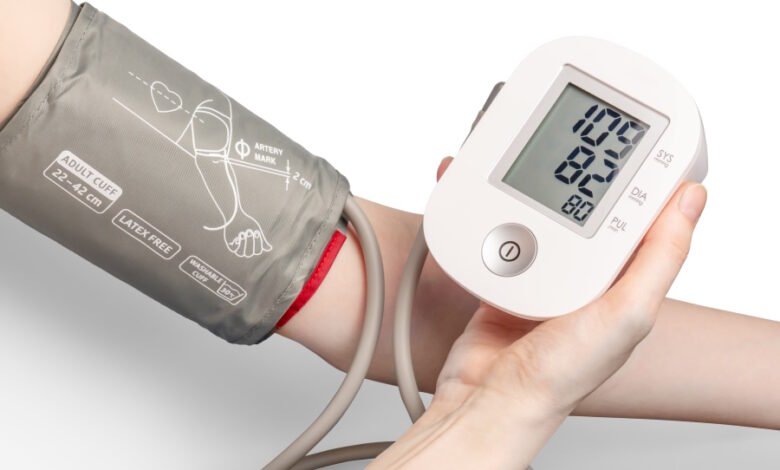COVID cuts heart drug use in GB –

Hundreds of thousands of people in Great Britain have missed out on receiving medication that could protect them from serious cardiovascular disease (CVD) as a result of the COVID-19 pandemic, says a new study.
The research – carried out by the British heart Foundation charity and published in the journal Nature Medicine – suggests that reduced use of drugs for high blood pressure and reducing cholesterol is placing patients at increased risk of an avoidable heart attack or stroke.
Using 1,32 billion prescribing records harvested from patients in England, Scotland and Wales, the scientists estimated that more than 491,000 fewer people than expected started taking blood pressure lowering medication when the pandemic was at its peak between March 2020 and the end of July 2021.
Over the same period, around 316,000 did not get treatment to lower their cholesterol. It’s worth noting here that health technology assessment (HTA) organisation NICE has just recommended much broader prescribing of statins – the most widely-used cholesterol-lowering drug class – which should boost usage.
This is the first time that medicines data has been used to follow changes in day-to-day management of chronic conditions, according to the BHF team, led by Professor Reecha Sofat of the BHF Data Science Centre and University of Liverpool.
While the reduced prescribing rates can be explained by the severe disruption facing the NHS as COVID-19 took its toll, which could only be partially offset by remote care, the BHF researchers behind the study are concerned about the future implications.
If individuals who missed out on high blood pressure drugs remain untreated over their lifetime, that could lead to more than 13,500 additional cardiovascular events, including over 2,000 heart attacks and 3,000 strokes.
While there will no doubt be some catch-up in prescribing, that will take time, and in the meantime could lead to additional pressure on an NHS already being stretched to the limit. Identifying those who missed out on blood pressure treatment within five years would reduce the total number of cardiovascular events to just over 2,700.
“The NHS has already taken important and positive steps towards identifying people with high blood pressure as early as possible,” said Prof Sofat. “However…despite the incredible work done by NHS staff, our data show that we’re still not identifying people with cardiovascular risk factors at the same rate as we were before the pandemic.”
Dr Sonya Babu-Narayan, a consultant cardiologist and associate medical director at the BHF, struck a hopeful note, saying it is “not too late to limit the damage.
“These findings demonstrate how getting heart healthcare back on track can curb the additional strain that untreated risk factors – such as high blood pressure – would otherwise place on the NHS.” She added.
“We need to make it easier and more accessible for everyone to know their numbers – particularly their blood pressure and cholesterol. This means empowering people to access the help they need when they need it so they can be supported to manage their own health.”
Diabetes, anticoagulant prescribing up
While the impact of the pandemic lockdowns on blood pressure and cholesterol drugs was dramatic there did not seem to be such an effect on prescribing of drugs for diabetes and blood-thinning anticoagulants.
That seems like good new on the face of it. However, the team suggest it could point to an increase in the prevalence of type 2 diabetes in the UK, or a ‘catch up’ in diagnosis rates which may indicate that individuals are being diagnosed later with more advanced disease.
And while direct-acting oral anticoagulants (DOACs) maintained growth over pre-pandemic levels, prescribing grew at a slower rate which may signal reduced diagnoses of conditions like atrial fibrillation and thrombo-embolic disease.
Photo by Mockup Graphics on Unsplash
Source link
#COVID #cuts #heart #drug